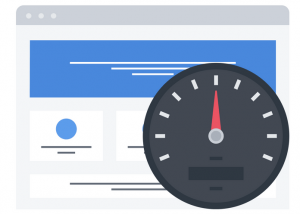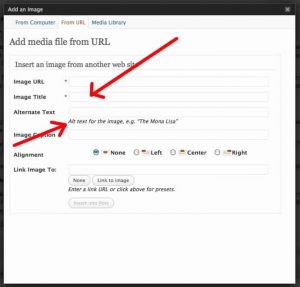
What is SEO?
Search Engine Optimization is the process of improving the amount of traffic on your website and increasing your website’s visibility on the Search Engine Result page (SERPs). The better is the visibility of your pages in the search results, the more likely you are to gain better attention and attract more people.
What are search engines looking for?
1) Relevancy:

When a user searches for a query, the search engine provides them with the most pertinent results. Also if it’s a very simple question, such as “who is Bill Gates?” or a confusing one like, “best Chinese restaurants near me?”
2) The Quality of Your Content:

Are you consistent enough in publishing your articles? For whom do you draft your articles, humans, or the search engine? Because recent research states that Google is moving forward to give more value to lengthy content that understands a visitor’s intention as a whole, than just the keyword-rich content.
So, all you need to do is worry less about the keywords and pay more attention to the user experience.
3) User experience:

It’s very important to focus mainly on the user experience as it comes with various benefits. You just need to have an easy to navigate and clearly searchable site with pertinent internal linking and relatable content. Fill your website with such content that helps to keep visitors on your site and makes them eager to read further.
4) Site speed:

The load time of your site is another ranking factor considered by the search engines. The quicker your webpages load, the higher are the chances for it to rank. There are many websites available online that help you to know the loading time of your site.
5) Cross-device compatibility:

Can your website and it’s content easily optimize according to the given screen size and device? Always keep in mind, Google has stated that responsive designs are the most preferred method of mobile optimization.
6) Internal linking:

Just imagine, someone gets to your content through some online search and finds your article really interesting. Your article answered all their questions and left them completely satisfied and now they want to search further for some related topics. Wouldn’t it be great to provide a link to your other related articles?
Below are a few perks for internal linking:
- It gives your reader an option to read further.
- It helps to improve your ranking.
- It helps google to crawl and index your content.
7) Meta descriptions and title tags:

Meta descriptions and title tags don’t really help you improve your ranking on the Search Engine Ranking Page, but it is something you should always use. As it increases the chances of a searcher to click on your content while scrolling down the list on SERP.
8) Properly tagged images:

Most people don’t take the extra efforts to add an alt attribute while uploading images to their content which is very wrong. Google can’t see your images but can only read the alt text provided by you.
Adding an alt text for the images in your content increases the chances of your images to appear in the Google Image Search.





